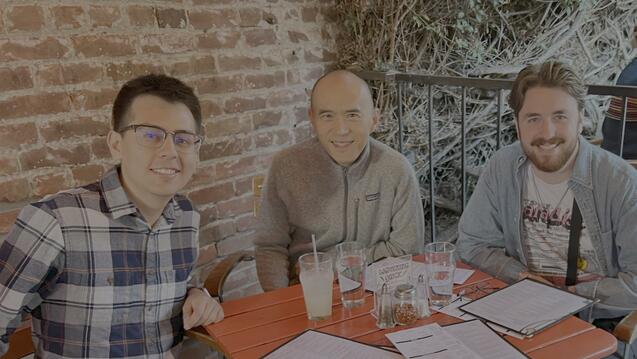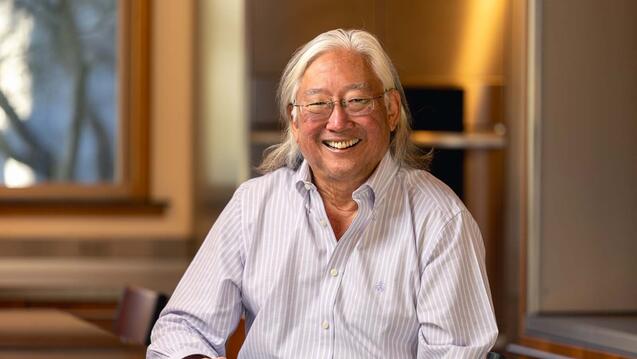A Closer Look

When Vivienne Pismarov, Psychology ‘19, participated in USF in DC – a semester-long program in Washington DC that integrates a full-time internship with relevant coursework – she had the privilege of working at the Public Defenders Service. There, she helped craft criminal defenses for clients, an experience that illuminated numerous structural problems that the criminal justice system faces in the United States. The one that stuck with her was the fallibility of eyewitness testimony leading to wrongful convictions.
The statement that an eyewitness gives usually describes the incident in question, the people involved, and the general sequence of events that transpired. To get this statement, police officers ask the witness to talk about what happened, the officer often interrupting to ask more pointed and leading questions. “This type of interview process can be problematic because it risks impacting a witness’s thoughts,” says Vivienne. “Multiple studies show that the choice of words in questions can cause an eyewitness to misremember and potentially distort different parts of their narrative.”
Further research adds that some eyewitnesses feel a social pressure to respond in a certain manner when being interviewed by a police officer. After giving a statement, the eyewitness is usually asked to pick a person out from a lineup as the suspect of a crime. The Innocence Project has found that nearly 70 percent of wrongful convictions are a result of eyewitness misidentifications where an eyewitness proclaims high confidence in their suspect identification, but is actually inaccurate and has chosen the wrong person. Vivienne started looking for a solution by examining interview techniques used by law enforcement to elicit memories and tell the story of a crime.
Vivienne compared a standard free recall task akin to American investigative technique — asking the participant to freely recount what they remember — with a new investigative tool called the Self-Administered Interview (SAI) being implemented in several countries in Europe, as well as Australia. The SAI is a self-administered written booklet meant to help a witness remember the scene of the crime without the influence of a third-party investigator.
“The SAI is interesting to me because of its written nature and the fact that a police officer is not involved,” explains Vivienne. “In my study, I asked participants to watch a video of a crime and then complete either the SAI or an interrogation that was similar to a typical American police interview. Finally, I asked participants to identify a suspect from a lineup of six individuals, and state how confident they were in their decision. The statement of confidence was important in my study so that I could see if someone’s confidence in their suspect identification could predict their accuracy.”
Vivienne found that those who took the SAI were significantly more likely to both confidently and accurately identify the correct individual from the lineup. Additionally, they were more likely to show a correlation between confidence and accuracy, meaning that those who stated that they were 0 percent confident were actually 0 percent accurate, and those who stated they were 100 percent confident were closer to 100 percent accurate. This has serious implications for the criminal justice system in the U.S., which relies heavily on gauges of confidence in the courtroom to determine whether an eyewitness is telling the accurate truth about an event.
“My project has taught me that everyone perceives the world differently, and understanding that people have their own subjective ways of understanding our shared world is important,” Vivienne reflects. “USF as a whole has always taught me to look at things from above, encouraging us to highlight a large problem that can seem difficult to tackle at first and then slowly work your way towards finding solutions.”
Vivienne completed the project in December, and is currently working to publish her findings. She’s headed to UC Davis Law School in the fall where her hope is to continue her critical analysis and inquiry of the criminal justice system and the role of the law in making the world a better place.


